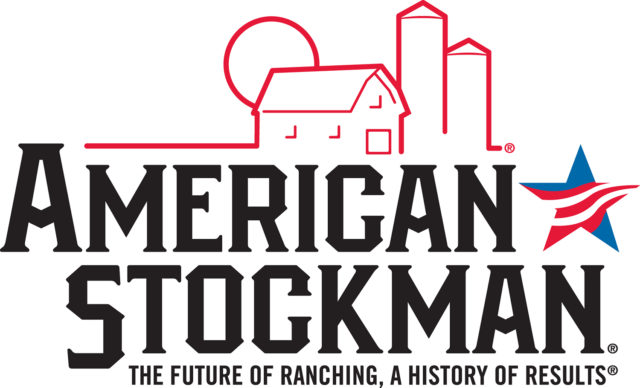This approval is the first time the agency has approved a drug that reduces gas emissions from an animal or its waste. “We’re committed to supporting the development of novel animal drug products that are safe and effective, and we’re encouraged to see innovations that provide additional benefits to animals, people and the environment,” said Steven M. Solomon, director of the FDA’s Center for Veterinary Medicine, in a public statement.
“These ammonia gasses can come from many sources and can affect the health of people, animals and the environment.”
Ammonia gas emissions can come from many sources, including the manure of beef cattle. Ammonia gas emissions are a concern because they have been implicated in atmospheric haze and noxious odors. High concentrations of ammonia can cause irritation of the eyes, nose and throat in both humans and animals.
Additionally, ammonia gases can contribute to a process called eutrophication, in which bodies of water become enriched with excess nutrients, especially nitrogen and phosphorus. These nutrients reach bodies of water primarily through runoff from various sources, but nitrogen in the form of ammonia and related compounds can end up in bodies of water as a result of wind and rain.
This nutrient enrichment in the water causes algae blooms, which block sunlight to aquatic plants and eventually results in the death of aquatic animals due to a lack of oxygen in the water. Therefore, reduction of ammonia gas reasonably may be expected to provide some benefit to the environment.
Studies of Experior indicated the product partially reduces ammonia gas emissions from manure from an individual animal or a pen of animals in semi-controlled conditions in enclosed housing.
The studies did not measure ammonia gas emissions on a herd or farm scale and could not take into account other factors that may affect ammonia gas emissions, such as wind speed and direction, rainfall, weather, input from other nitrogen sources and manure management. Therefore, extrapolation to the herd, farm or larger scale could not be accurately or reliably predicted.
The evidence gathered in studies did not demonstrate any health benefit or performance advantage in beef cattle, such as weight gain or feed efficiency, as a result of receiving Experior, although no negative effects were noted.
Experior is administered in feed to beef steers (castrated male cattle) and heifers (young female cattle that have not yet produced calves) fed in confinement for slaughter during the last 14 to 91 days on feed.
Multiple studies indicated Experior is safe when administered to beef cattle. Meat from beef cattle treated with Experior is safe to eat, and no withdrawal period is required when beef cattle are dosed under the FDA-approved conditions described on the label.
The FDA has also released a 55-page freedom of information summary, sponsored by Elanco, on Experior addressing consumer concerns on effectiveness, animal safety, human safety and user safety that can be accessed through the FDA’s Animal and Veterinary webpage. ![]()
—From FDA news release






